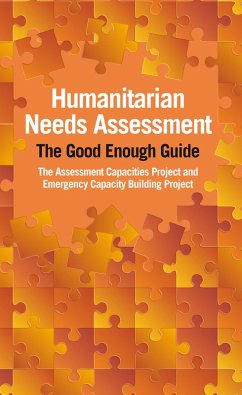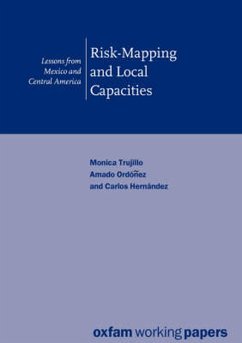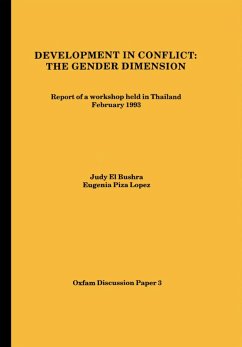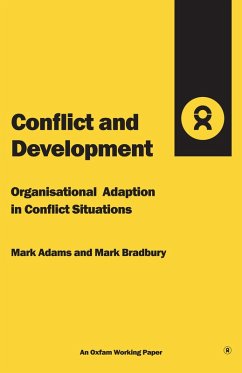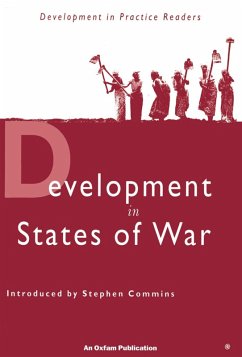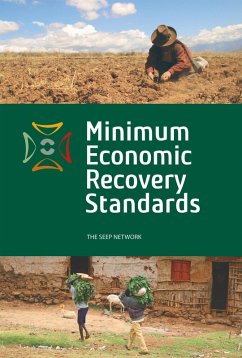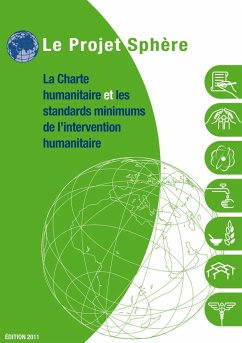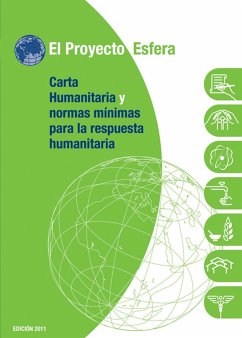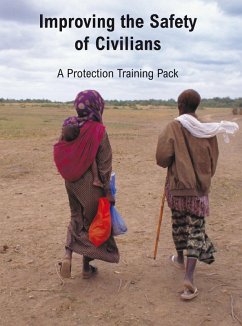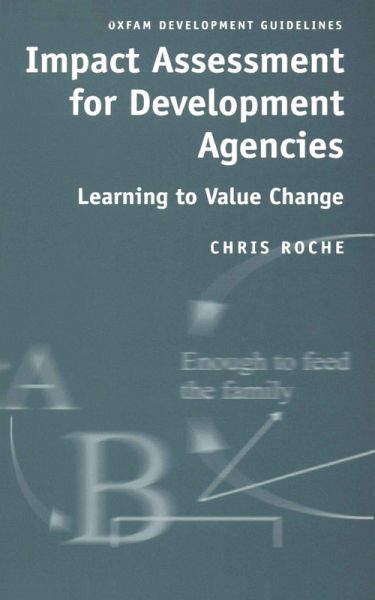
Impact Assessment for Development Agencies (eBook, PDF)

PAYBACK Punkte
25 °P sammeln!
Considering the process of impact assessment, this book shows how and why it needs to be integrated into all stages of development programmes - from planning to evaluation. Its basic premise is that impact assessment should not refer to the immediate outputs of a project or programme but to any lasting or significant changes that it brought about. From a theoretical overview the book moves on to discuss the design of impact-assessment processes and a range of tools and methods before illustrating its use in development, in emergencies and in advocacy work. It ends by exploring ways in which di...
Considering the process of impact assessment, this book shows how and why it needs to be integrated into all stages of development programmes - from planning to evaluation. Its basic premise is that impact assessment should not refer to the immediate outputs of a project or programme but to any lasting or significant changes that it brought about. From a theoretical overview the book moves on to discuss the design of impact-assessment processes and a range of tools and methods before illustrating its use in development, in emergencies and in advocacy work. It ends by exploring ways in which different organizations have attempted to institutionalize impact-assessment processes and the challenges they have faced in doing so. In-depth case studies by partner organizations of Oxfam and Novib as well as by some Oxfam staff show how a variety of approaches to impact assessment - qualitative, quantitative and participatory - in a range of situations from large-scale integrated development programmes to projects involving only one community. These include impact studies undertaken by BRAC and PROSHIKA in Bangladesh, the evaluation of a post-conflict rehabilitation programme in El Salvador, a long-term study of the effectiveness of environmental projects in Zimbabwe and a retrospective review of a neighbourhood project in the UK.
Dieser Download kann aus rechtlichen Gründen nur mit Rechnungsadresse in A, D ausgeliefert werden.




